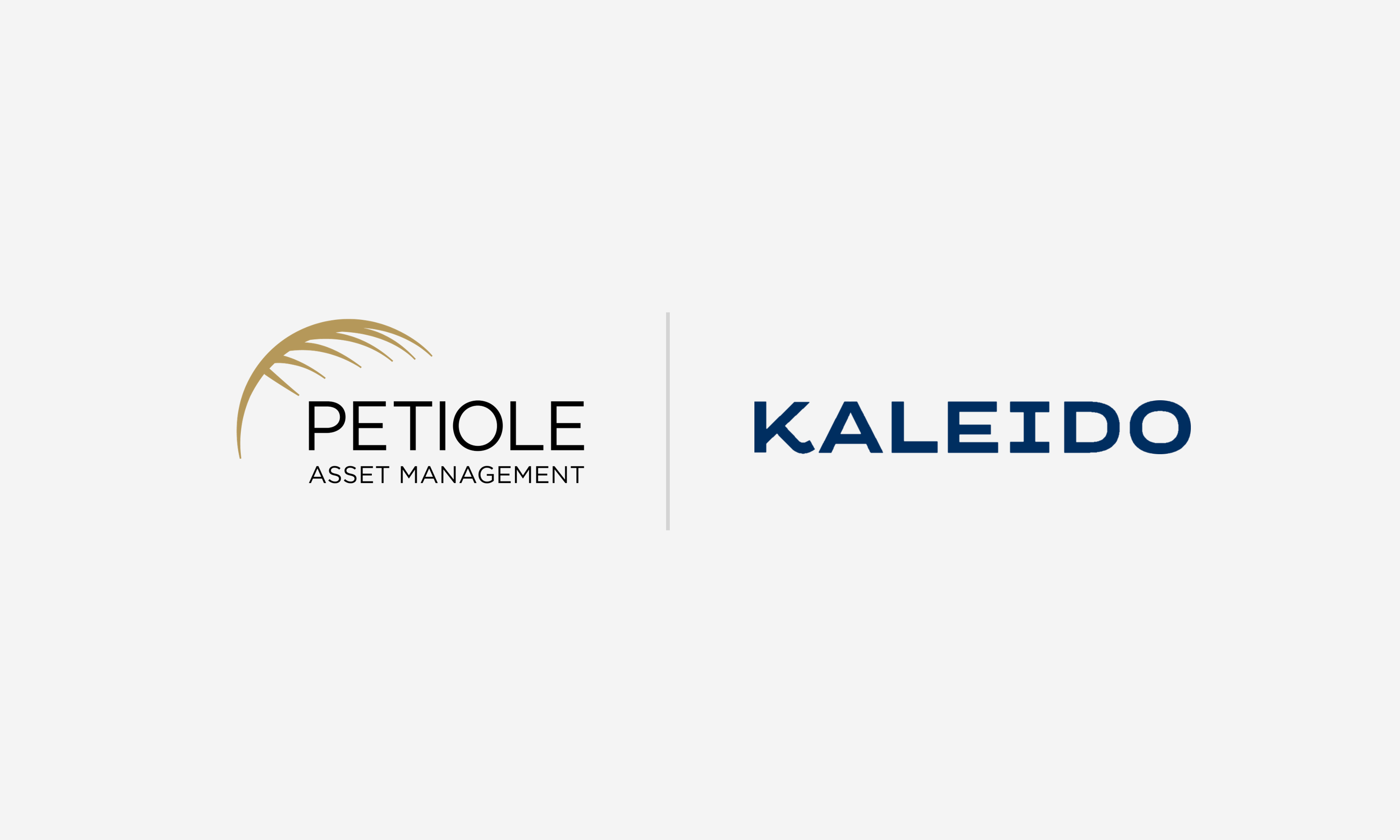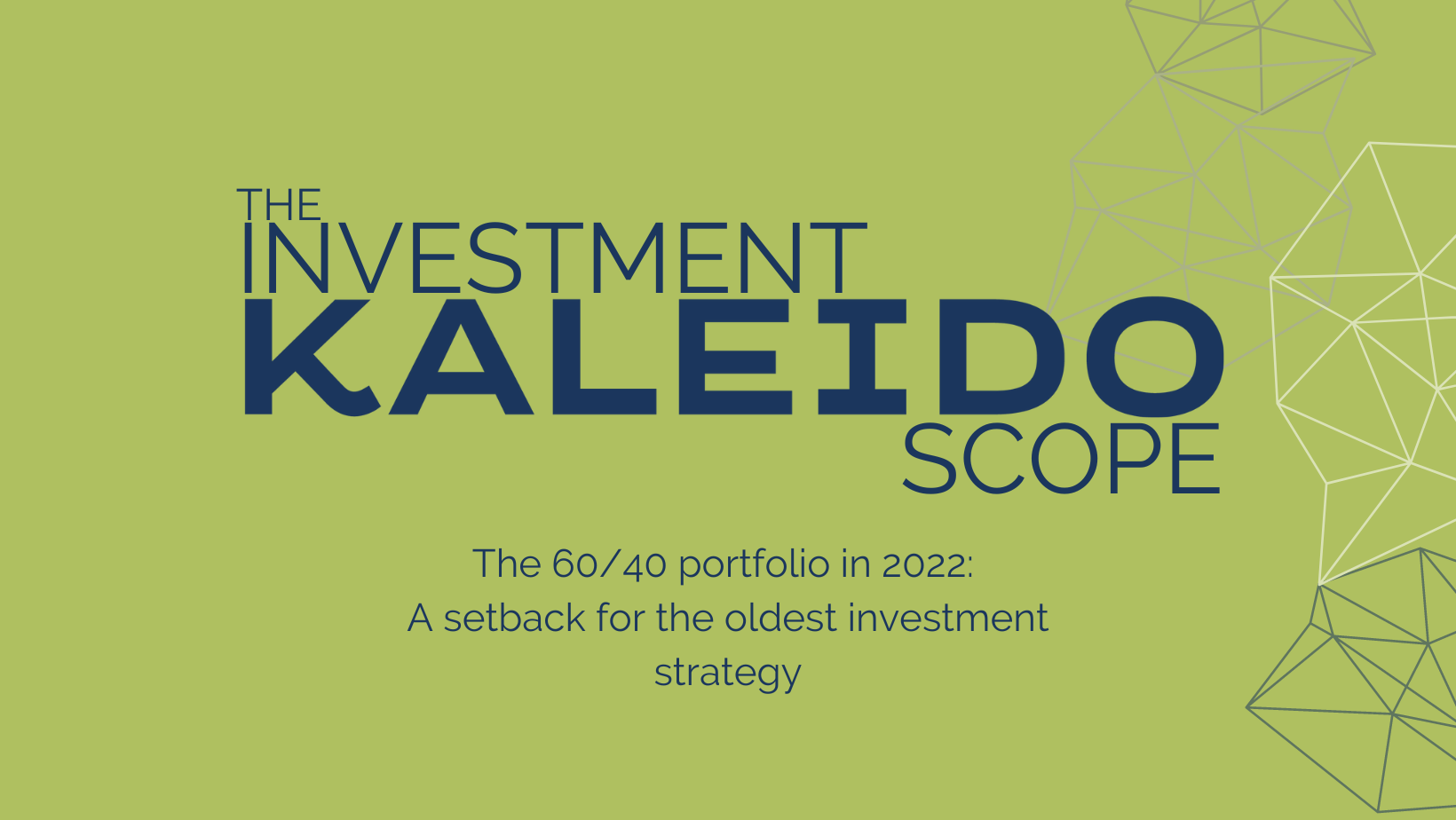The Power of Collaboration
Petiole Asset Management AG and Kaleido Privatbank AG are pleased to announce their collaboration in private markets investing. This long-term...
Please click on the blue "+" sign to open the full menu.
We have the right products for you, for a secure future.
We provide you with the right advice, to be future-proof.
It all starts with a friendly conversation. Just contact us.
Inflation is a situation where the general level of prices of goods and services in an economy increases over time, leading to a decrease in the purchasing power of money. There are several strategies that you can use to protect yourself against inflation, including:
Invest in assets that appreciate in value: One way to protect your money against inflation is to invest in assets that tend to appreciate in value over time, such as stocks, real estate, and precious metals. These assets can potentially provide a hedge against inflation, as their value can increase faster than inflation.
Diversify your investment portfolio: By diversifying your investment portfolio, you can reduce the risk of losing money in a single investment. This means spreading your investments across different asset classes, such as stocks, bonds, real estate, and commodities, can help mitigate the impact of inflation on your overall portfolio.
Invest in inflation-protected securities: Some bonds are designed to protect against inflation by adjusting their principal value based on the inflation rate, ensuring that your investment keeps pace with rising prices. These securities can be a good option for investors looking for a guaranteed protection against inflation.
Keep an eye on interest rates: Interest rates can have a significant impact on inflation. When interest rates are low, borrowing becomes cheaper, which can lead to increased spending and inflation. Keeping an eye on interest rates can help you make informed decisions about your investments.
Consider investing in foreign currencies: Investing in foreign currencies can potentially provide a hedge against inflation, as currency values can change independently of each other. However, this type of investment can also be risky, as currency values can be volatile.
We at Kaleido have screened the market for investment strategies we deem appropriate for the current economic backdrop. Among them are inflation beneficiaries’ equities which operate asset light business models with high asset turns, low levels of debt, and high margins. We also allocate money to alternative income funds. One example is a commodity trade finance fund that charges interest rates based on SOFR (the US equivalent of Saron) plus a margin. Due to the very short tenor of the loans (typically 60 days) this strategy benefits almost immediately from higher Fed Fund Rates. Gold is part of the portfolio, too.
It is difficult to identify the primary driver for Gold. Inflation usually causes a bit of stress in financial markets (like recently), this tends to benefit Gold. For this, we have also allocated part of the portfolio to a protection strategy which is negatively correlated to stock markets. Overall, we designed a portfolio with the aim to produce positive real returns. It was up in line with Swiss average inflation last year.
It's important to note that no investment is completely immune to inflation, and there is always some degree of risk involved in investing. However, taking steps to protect your investments against inflation can help you minimize the impact on your finances.

Petiole Asset Management AG and Kaleido Privatbank AG are pleased to announce their collaboration in private markets investing. This long-term...

One of the oldest investment strategies is the 60/40 portfolio, a mix of 60 % stocks and 40 % bonds. The point of this balanced portfolio is that...

In the vast landscape of investing, one key principle has stood the test of time: strategic asset allocation. Far from being only a buzzword,...